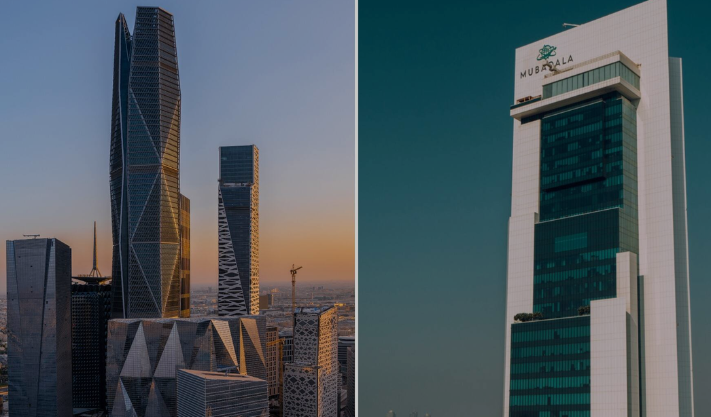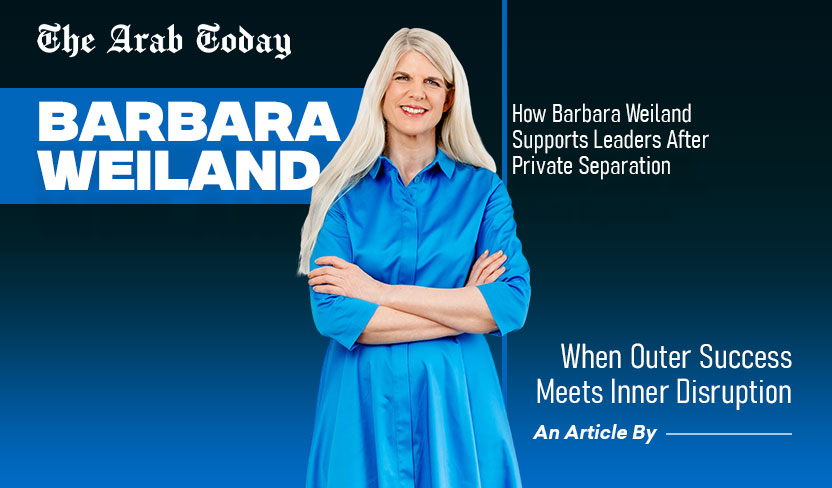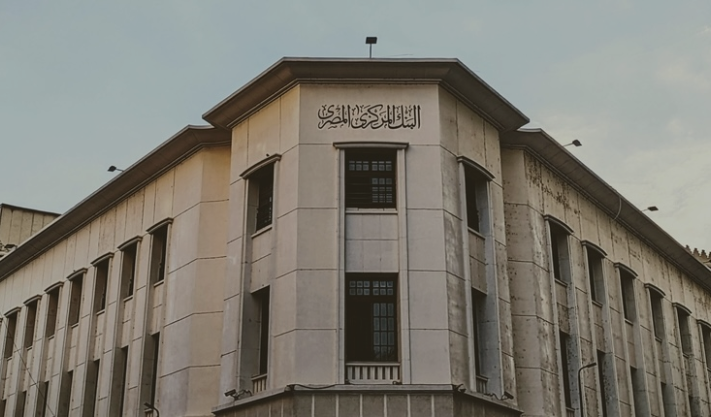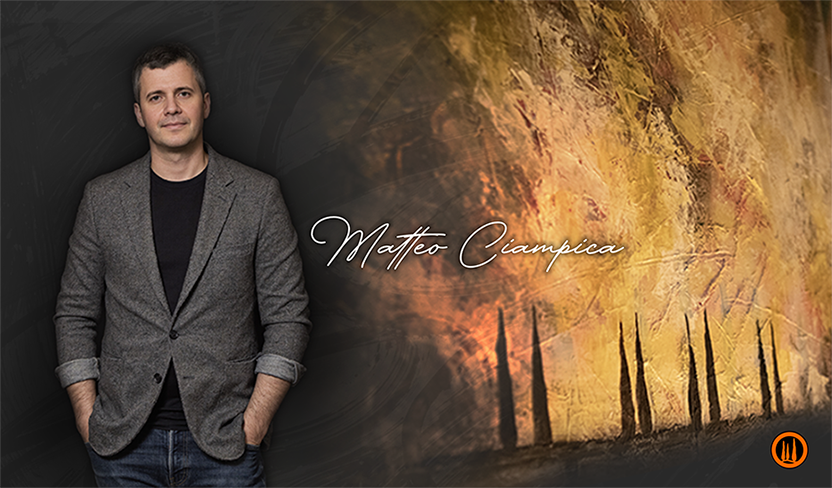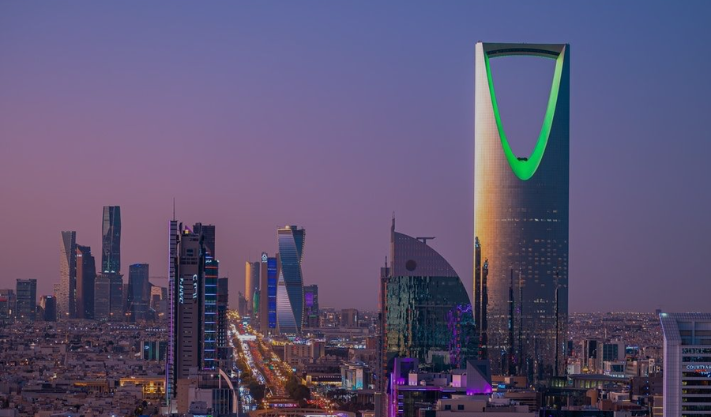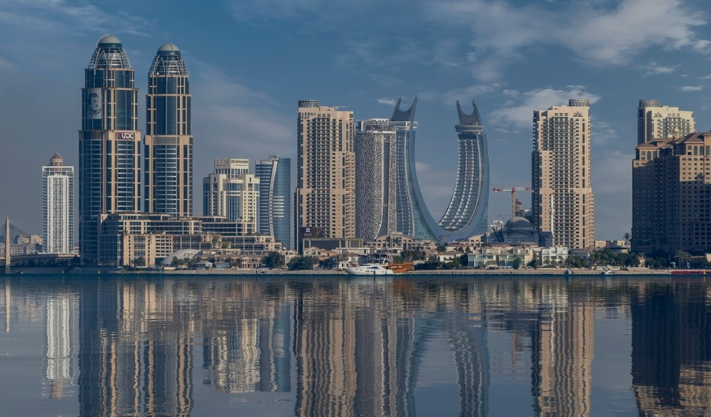Mubadala vs PIF: How Two Investment Giants Are Changing Their Countries’ Economies
Mubadala Investment Company from the UAE and the Public Investment Fund (PIF) from Saudi Arabia are two of the most powerful investment funds in the region. Both play a big role in helping their countries move away from relying only on oil.
Even though they share the same goal—long-term economic growth—the way they invest is different. Mubadala invests in a wide range of industries all over the world, such as technology, healthcare, and clean energy. PIF focuses more on projects within Saudi Arabia, especially in areas like sports, entertainment, and tech, to help reach the goals of the country’s Vision 2030 plan.
Ibrahim Masood, a financial expert at Mashreq Capital, said Mubadala has a longer time frame for planning (until the year 2071), which lets it invest in projects that take years to grow. In contrast, PIF is working with a shorter timeline up to 2030, so its strategy is more focused on fast changes within the country.
Mubadala wants to build Abu Dhabi’s global image while earning steady profits. In 2024, it managed around $330 billion in assets. Its investments include artificial intelligence, biopharma, and advanced manufacturing. It owns part of GlobalFoundries and has a major role in UAE’s aerospace sector. In the UAE, it invested $8.2 billion in real estate and infrastructure through Aldar. Mubadala also partners with major firms like BlackRock and Fortress to invest in technology, healthcare, and finance.
PIF, on the other hand, is at the heart of Saudi Arabia’s Vision 2030. It invests in massive projects like Neom, Qiddiya, The Line, and Riyadh Air, aiming to grow new industries, boost tourism, and create jobs. By the end of 2024, PIF’s assets reached $1.2 trillion. Its revenue increased by 25%, but profits dropped 60% due to rising costs, inflation, and changing market conditions.
To support Vision 2030, Saudi Arabia expects to invest over $1 trillion. This means more borrowing by the government and its entities. In 2024, the country’s external debt rose to 39% of its GDP.
Looking ahead to 2025, PIF plans to:
-
Manage more than $1 trillion in assets
-
Invest over $39 billion each year in local projects
-
Add $319 billion to Saudi Arabia’s non-oil economy
-
Help create 1.8 million jobs
Saudi Arabia’s PIF and the UAE’s Mubadala: Two Different Investment Approaches
Over 60% of Saudi Arabia’s Public Investment Fund (PIF) is focused on local projects. Most of the money goes into huge developments like Neom and Qiddiya. PIF also supports green energy through ACWA Power, transport through Riyadh Air and Hyundai, and farming with the Saudi Coffee Company. It is also building Saudi Arabia’s global image by buying local football clubs and working with the 2025 FIFA Club World Cup in the US. Internationally, PIF has invested in big companies like Uber, Lucid Motors, and global sports businesses.
Main Differences
Mubadala, based in the UAE, spreads its investments around the world. About two-thirds of Mubadala Capital’s $30 billion is managed for global partners. This shows its focus on international cooperation. PIF, on the other hand, mainly invests in Saudi Arabia. It plans to cut its foreign investments to just 20% by 2030.
Mubadala follows a careful, low-risk approach. It keeps debt low and invests in stable, long-term sectors. In contrast, PIF takes more risks and uses more debt to speed up Saudi Arabia’s economic changes.
Masood, an expert, explained: “Mubadala works with global companies like Google and Microsoft, showing a classic and safe investment style. But PIF acts more like a development bank, using its money to bring in new technologies, like it did with its Tesla investment.”
Mubadala can leave investments that don’t perform well. But PIF must stick with certain sectors to meet long-term goals, even if short-term results are weak.
Masood also said the two funds have different timelines. “Mubadala slowly grew its clean energy company, Masdar, into a global leader. But PIF is spending $40 billion on entertainment to grow tourism quickly—achieving in a few years what would normally take decades.”
Mubadala is known for being transparent and following global rules, which helps it work with international partners. PIF, however, keeps its decision-making process private and focuses on national goals.
PIF is putting money into big projects like Neom to change the Saudi economy. Mubadala prefers smaller, focused investments in fast-growing areas like artificial intelligence and biopharma, aiming for innovation and steady growth.
Different Goals in Diversifying the Economy
The UAE sees artificial intelligence (AI) as a top opportunity, helping Abu Dhabi become a tech hub. But talent shortages are a challenge, says a report from the Dubai Future Foundation.
Saudi Arabia sees tourism as its best chance for growth. Projects like the Red Sea Project aim to bring in 100 million visitors a year by 2030, but there are still problems with infrastructure.
Mohamed Hussain Al Nowais from Waha Capital told Forbes Middle East that the UAE is focusing on finance, tech, and healthcare to grow its economy. He said government programs like ADIO and financial centers such as ADGM, DIFC, and DMCC have made it easier for international investors to put their money into the UAE.
Published: 7th July 2025
For more article like this please follow our social media Twitter, Linkedin & Instagram
Also Read:
Modon Sells $1.5B Wadeem Plots on Hudayriyat in 3 Days
IMF Extends Time for Egypt Reforms, Loan May Be Delayed
Saudi Jobless Rate Hits Q1 Low, Signals Strong Market Growth
